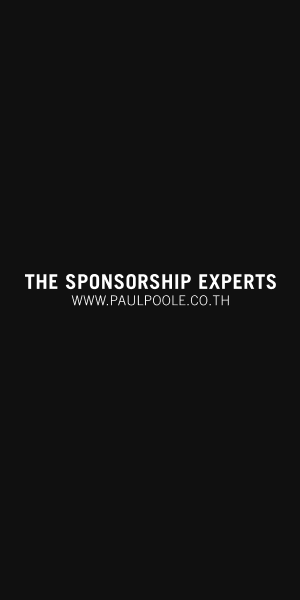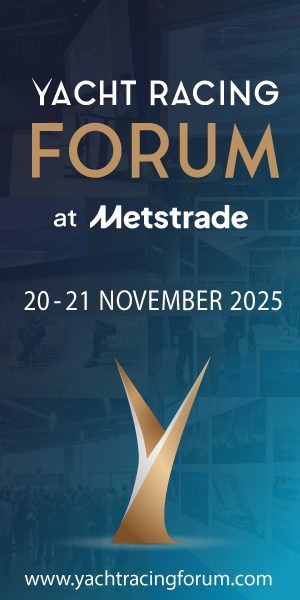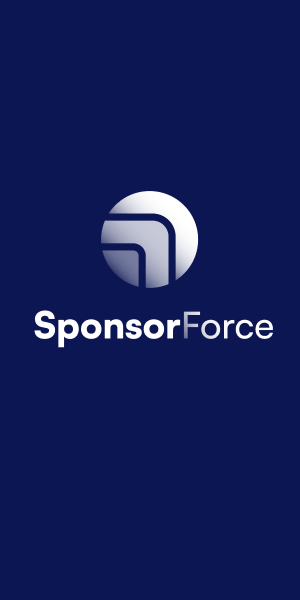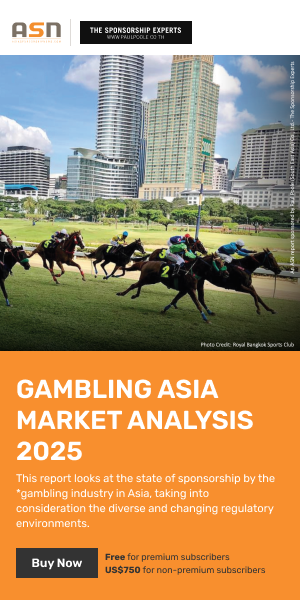Register
to get articles and more to your inbox
News & insights
Archive
Directory
What Does Gucci’s Endorsement Deal With Thai Star Davika Hoorne Mean?

Kering owned luxury brand Gucci is banking on Thai celebrity Davika Hoorne— known for her savvy fashion sense, beauty and sizeable social media presence—to cement its position in the nation’s luxury retail market.
With Thailand’s luxury fashion market currently valued at US$1.94 billion and forecasted to grow at a CAGR of 5.7% from 2023 to 2028, it was obvious why Gucci was keen to bank on the talented and influential 31-year-old Thai singer-actor to cement its position there.
The deal is a landmark one as Davika Hoorne becomes the first Thai to be a brand ambassador for Gucci, and joins the likes of Bollywood star Alia Bhatt, Chinese idol Xiao Chan, NewJeans member Hanni and Squid Games star Lee Jung-jae, who are part of the famous Italian label’s celebrity endorsement posse in Asia.
According to Brand Finance’s 2023 Global Soft Power Index, Thailand is ranked No. 41 out of 121 nation brands, and its vast potential to improve has caught the attention of audiences around the world. The nation’s drive to boost its soft power has been largely been pushed by the global distribution of Thai media content through OTT platforms like Netflix, iQiyi, Viu and Bilibili.
For example, Thai media conglomerate BEC World witnessed its global content licensing revenue grow by almost 6.7x to US$8.7 million (319.5 million baht) in 2022 after coming in at a mere US $1.3 million (50.4 million baht) in 2017.
Meanwhile big luxury brands have been gradually securing endorsement deals with Thai celebrities. Earlier this year, Dior announced rising Thai actors Phakphum “Mile” Romsaithong and Nattawin “Apo” Wattanagitiphat as brand ambassadors. Burberry and Prada had secured similar deals with Thai actor Bright Vachirawit and Metawin “Win” Opas-iamkajorn respectively. These deals gradually accentuate Thailand’s growing soft power and visibility on the global stage.
According to ASN data, non-sports related celebrity endorsement has seen investment of almost US$1.49 billion since Q121 across the Asian sponsorship market. The total investment contributes to a fifth of the region’s sponsorship, however, numbers have taken a dip from Q422, with quarterly investment ranging from US$53.8 million to almost US$123.3 million during this period, below the average quarterly investment of US$131.3m. Obviously, the top 5 markets are China (65.3%), India (13.4%), Taiwan (5.8%), Hong Kong (4.8%) and South Korea (4.4%) while Thailand ranks at seventh with a 1.4% share. However, this is bound to see movement with the soft power flex from South Korea and the gradual rise of Thailand.












